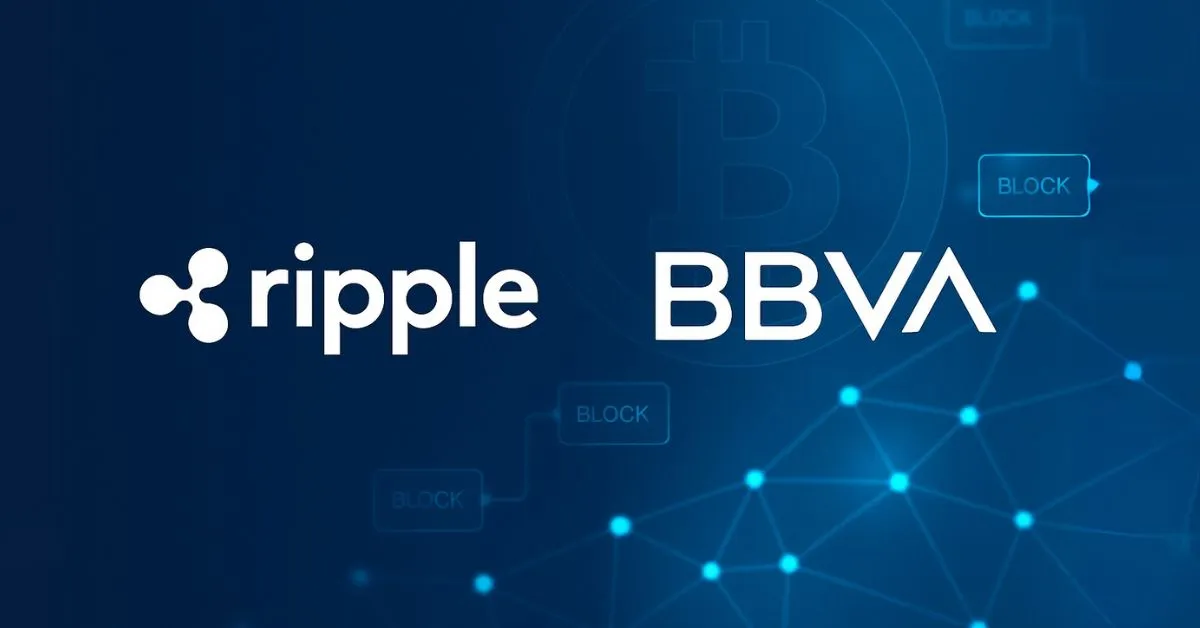
Ripple Expands Custody Deal With BBVA Spain
Ripple and BBVA strengthen their collaboration
Ripple has officially extended its custody partnership with BBVA in Spain to deliver a new wave of digital asset services. This move allows BBVA retail customers to buy, sell, and store leading cryptocurrencies—such as Bitcoin and Ethereum—directly inside their mobile banking app. The expansion is fully aligned with the European Union’s MiCA (Markets in Crypto-Assets) regulation, ensuring that every service is legally compliant and secure.
Ripple’s custody technology: Institutional-grade security
The custody solution provided by Ripple is built on advanced key management and cryptographic security. It includes hardware security modules (HSMs), encrypted environments, and strict governance mechanisms to safeguard private keys and user assets. By relying on Ripple’s infrastructure, BBVA can deliver custody services with institutional-grade protection, reassuring both regulators and customers that their assets are handled with the highest standards of security.
BBVA’s role in driving Crypto adoption in Spain
As one of Spain’s largest banks, BBVA has been a pioneer in integrating digital innovation into traditional finance. With this partnership, the bank positions itself as a leader in offering regulated crypto services within Europe. The ability for retail clients to trade and hold crypto seamlessly through BBVA’s mobile app is expected to drive adoption, making it easier for everyday users to enter the digital asset space without needing third-party platforms.
Implications for Europe’s Crypto market
This expansion goes beyond Spain. It marks a significant milestone for the broader European crypto market, as MiCA rules create a harmonized regulatory environment across EU member states. Ripple’s strategy of embedding custody solutions into established banks like BBVA could accelerate mainstream adoption of crypto services in Europe. It also signals that traditional financial institutions are no longer standing on the sidelines but actively building infrastructure to support the future of digital assets.
Disclaimer: This article is intended solely to provide information and market insights at the time of publication. We make no promises or guarantees regarding performance, returns, or the absolute accuracy of the data. All investment decisions are the sole responsibility of the reader.